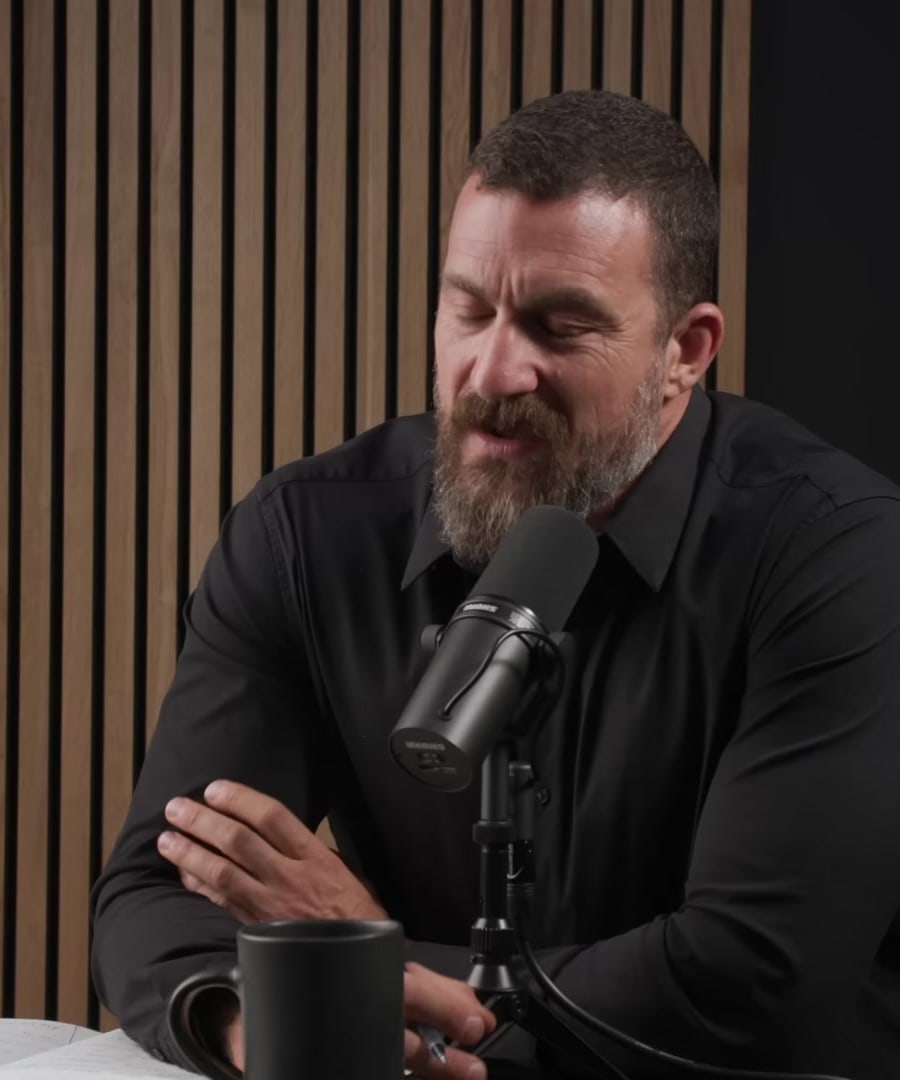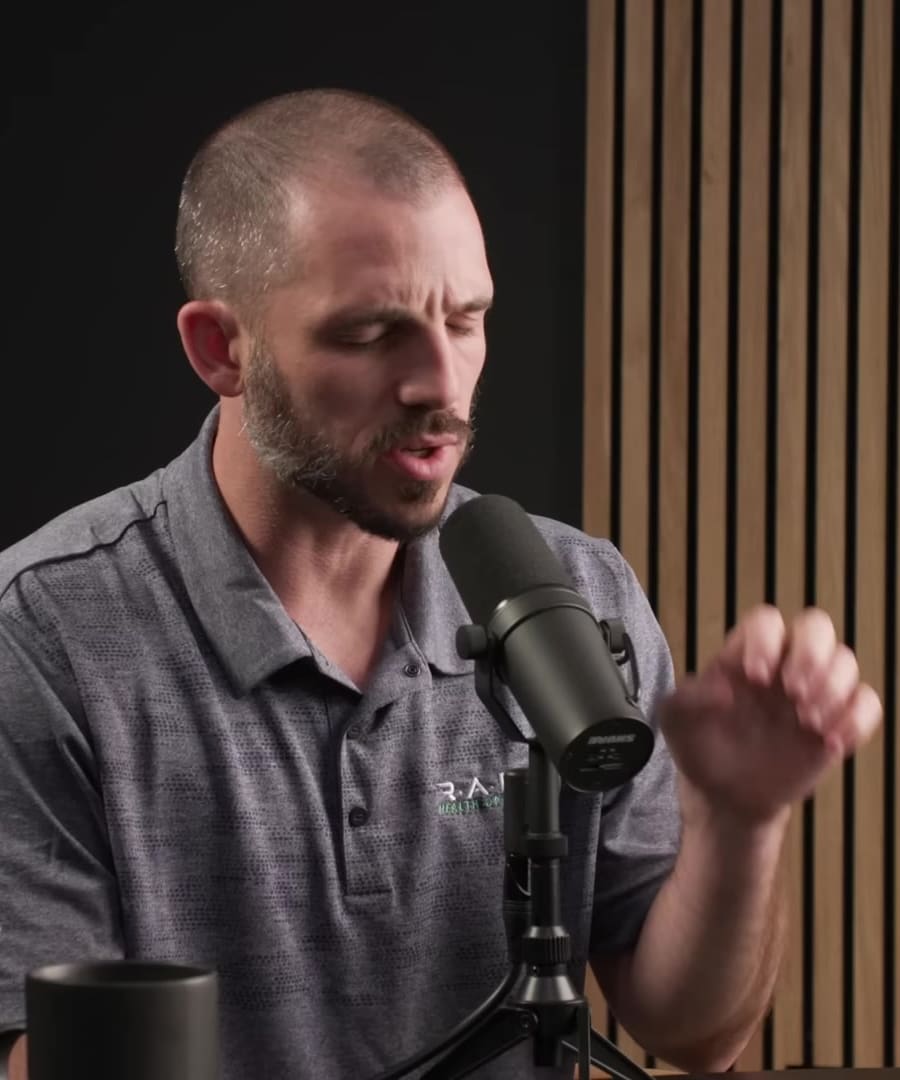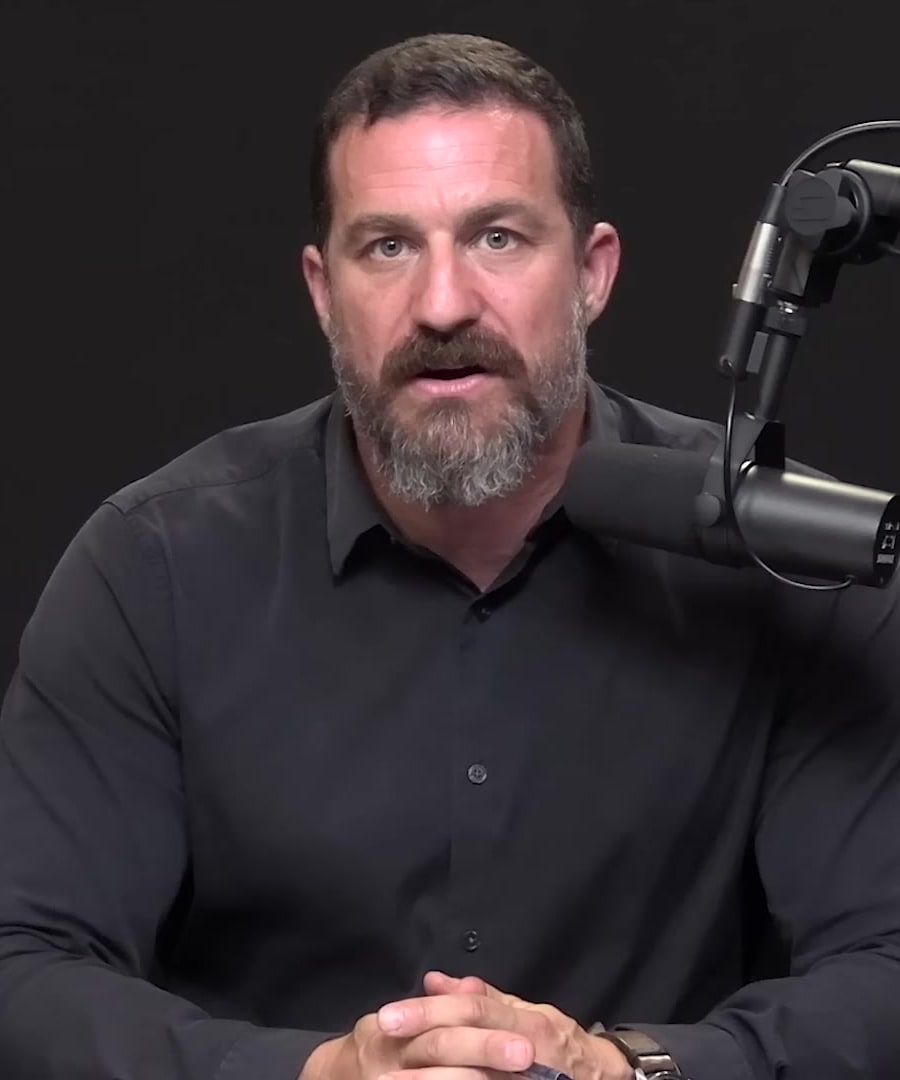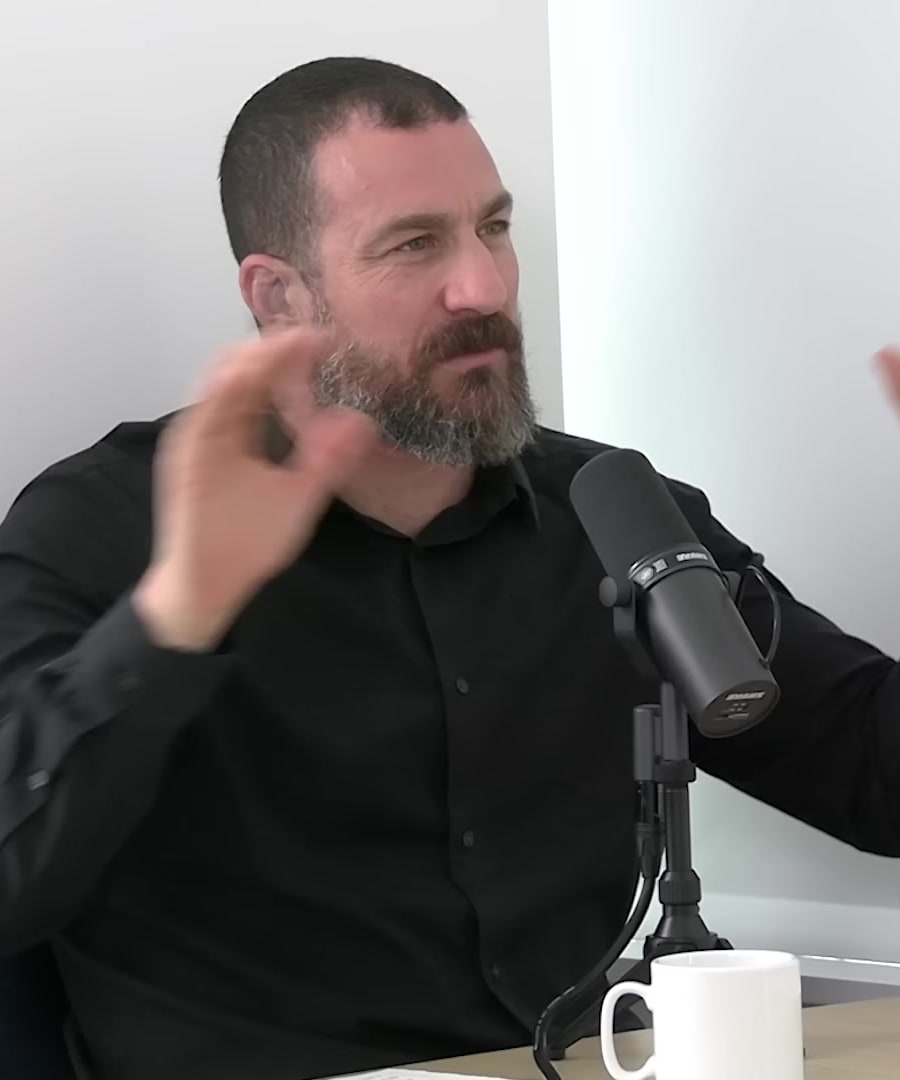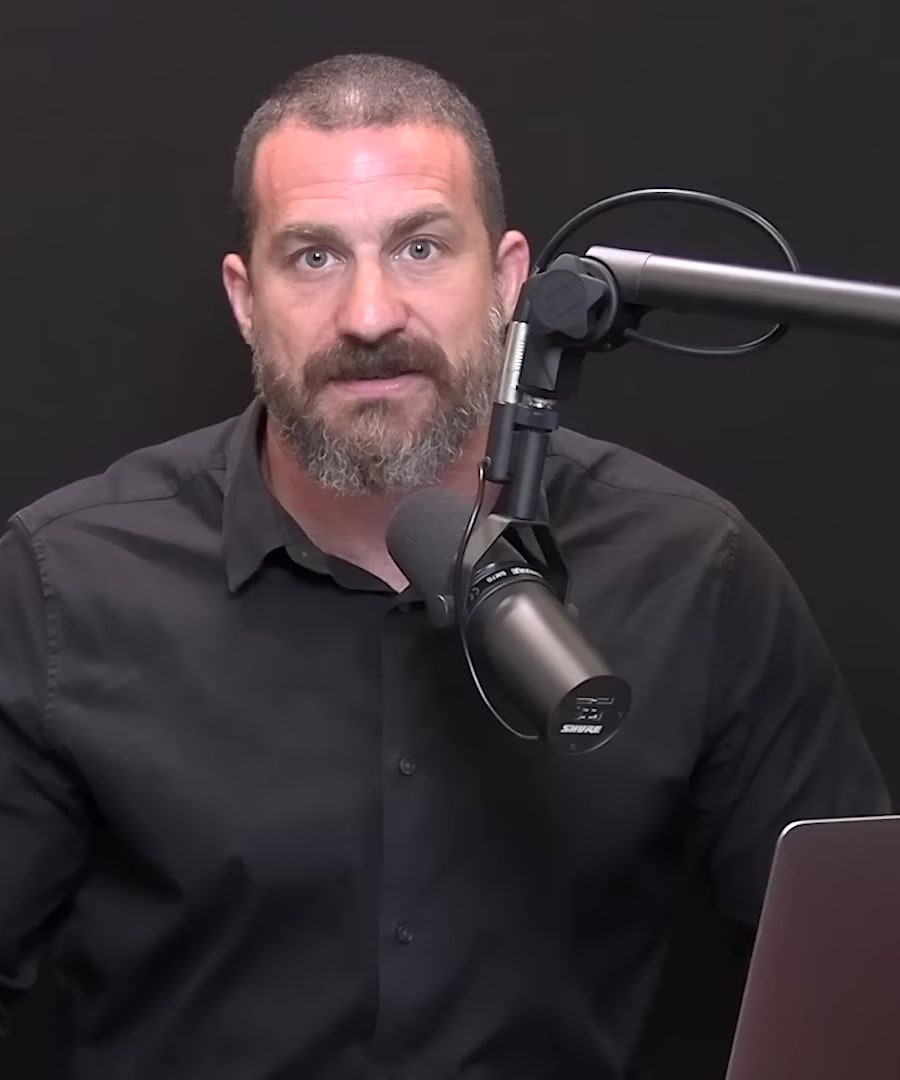What is the recommended protein intake?
Sources:
recommends aiming for at least 1 gram of protein per pound of body weight to aid in recovery and muscle maintenance or hypertrophy 1. It's also suggested that ingesting protein early in the day can be particularly beneficial for muscle growth due to certain clock genes like BMAL that enhance protein synthesis in the morning 2. Regarding meal frequency, it is noted that eating two to four times a day, ensuring sufficient intake of amino acids, can support muscle repair and growth just fine 3.
In terms of the quality and type of protein, it's recommended to get essential amino acids, including leucine, from whole foods rather than supplements 3, and to consider the protein density of various sources, with animal-based proteins generally having a higher density of essential amino acids per calorie compared to plant-based sources 3. However, high protein intake might render the timing and types of protein less important 4.
For an optimal recommendation tailored to individual needs and goals, it's advisable to consult with a healthcare provider or a nutrition specialist.
RELATED QUESTIONSSummary goal definition
Sources:
The concept of a goal involves not only articulating what the end objective is but also entails the planning and anticipation of challenges. According to , the process of goal-setting should include creating a concrete plan for achieving the goal by breaking it down into manageable steps, planning not just for long-term aspirations but also for immediate two-week segments that set one on the right trajectory. Additionally, it's important to anticipate potential obstacles and have pre-planned responses to these challenges which can help maintain motivation when facing difficulties 1.
also discusses the initiation of goal pursuit, where it's critical to assess your motivation and address the question of whether you genuinely want to achieve the goal and are willing to do what it takes to accomplish it. If the motivation is present, spending a minute to visualize the positive outcome and associated feelings can be beneficial, setting the psychological stage for the actions required toward achieving the goal 2.
RELATED QUESTIONSSummarize Dr. Emily Balcetis: Tools for Setting & Achieving Goals | Huberman Lab Podcast #83
Sources:
The podcast episode featuring Dr. Emily Balcetis provides a deep dive into strategies for setting and achieving goals. The discussion covers various topics such as the importance of visualizing goals, how our visual focus can influence our perception of challenges, and techniques for narrowing our attention to foster goal attainment. The visual aperture, for instance, is something we can consciously control to anchor our attention and enhance our focus on specific actions that support our goals 1.
The episode also delves into the psychological side of goal setting and achievement, with Dr. Balcetis sharing insights into how our brains interpret symbols and attach meaning to them, which can profoundly affect our emotions and drive toward goals 2.
Furthermore, mental health is touched upon, discussing how individuals perceive the world differently based on their psychological states, such as depression and anxiety, and how certain interventions can help to shift focus and improve aspects like self-efficacy and energy levels 3. Dr. Balcetis mentions the link between our thoughts, what we focus on visually, and how it can reinforce our existing worldview for better or worse 4.
Additionally, there's an exploration of the practical tools and techniques that can be employed to overcome challenges, enhance performance, and support mental wellness, applicable both to physical tasks and more general life situations 5.
RELATED QUESTIONSDiscuss key topics from Dr. Emily Balcetis's podcast episode.
Sources:
In the podcast episode featuring Dr. Emily Balcetis, several key topics are explored, including:
-
Overcoming Exercise Challenges: Dr. Balcetis discusses the difficulty people face when exercising due to the challenging perspective they have of their environment, which can psychologically demotivate them. However, she highlights a solution through adjusting the visual goal line or setting an intermediate visual spotlight, which works for everyone, irrespective of their physical condition, by redirecting attentional resources 1.
-
Visualizing Goals: The conversation touches on how the visualization of goals can powerfully dictate whether we perceive a goal as overwhelming or tractable, impacting our readiness to take action and lean into achieving those goals 2.
-
Focus Strategies of Elite Runners: Elite runners employ a narrowed focus of attention, akin to a spotlight on a target, which significantly improves their performance. This focused approach is a transferable strategy that helps even non-elite athletes to excel 3.
-
Mental Health and Attention: Dr. Balcetis explains the link between our thoughts, visual attention, and how it can reinforce our worldviews, particularly affecting individuals with depression or anxiety. She discusses interventions such as focus-shifting to help improve self-efficacy and energy levels 4.
-
The Symbolic Nature of the Brain: Entities in the environment, such as seeing a brick wall, can symbolize a whole set of meaningful experiences. This symbolization allows for the power of using visual cues to conjure up emotions and carry significant meaning for an individual 5.
-
The Effect of Dream Boards: Dr. Balcetis talks about how dream boards might negatively influence motivation, tricking the brain into thinking a goal has already been achieved. This is explained through the physiological response of decreased systolic blood pressure when individuals visualize having already attained their goals 6.
-
Vision and Automated Strategies for Goal Achievement: The episode also covers the idea of using automated visual strategies such as illusions to overcome obstacles and perceive opportunities, working with how the brain naturally interacts with the visual world to facilitate progress on goals 7.
These topics highlight the intricate relationship between visual perception, goal setting, and motivation, offering practical insights on how focused attention and visual strategies can be leveraged to enhance performance and achieve personal objectives.
RELATED QUESTIONS-
What is the recommended protein intake?
- RELATED QUESTIONS
Summary goal definition
- RELATED QUESTIONS
Summarize Dr. Emily Balcetis: Tools for Setting & Achieving Goals | Huberman Lab Podcast #83
- RELATED QUESTIONS
Discuss key topics from Dr. Emily Balcetis's podcast episode.
- RELATED QUESTIONS
